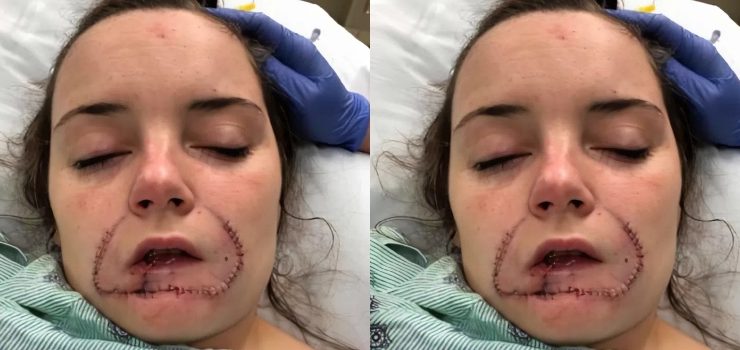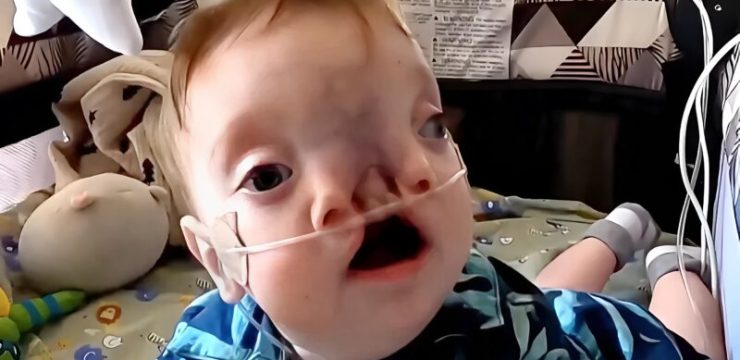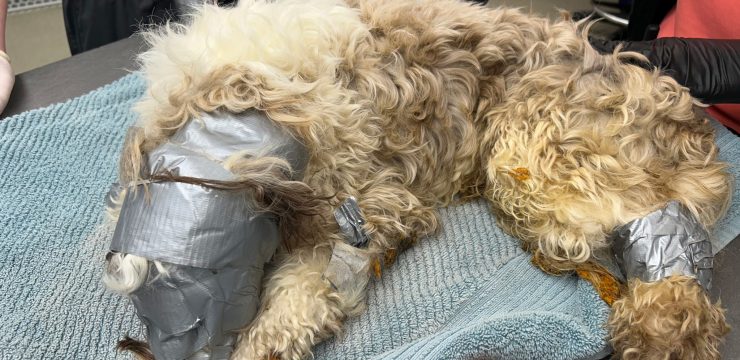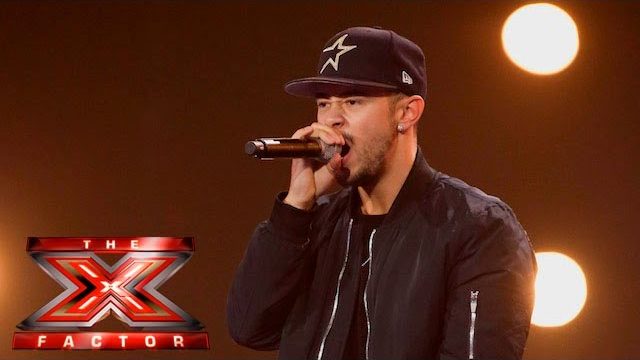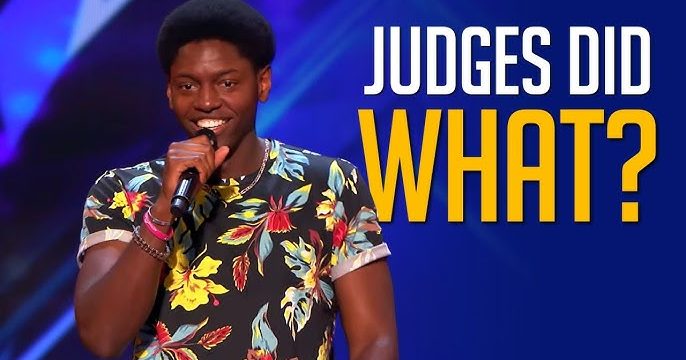I never imagined that a single crumpled five-dollar bill could change the entire trajectory of my life, but that’s exactly what happened the morning I bought a tiny pair of baby shoes at a flea market. My name is Claire, I’m thirty-one years old, a single mom raising my three-year-old son, Stan, while also caring for my bedridden mother during the day and working nights as a waitress to scrape together rent and groceries.
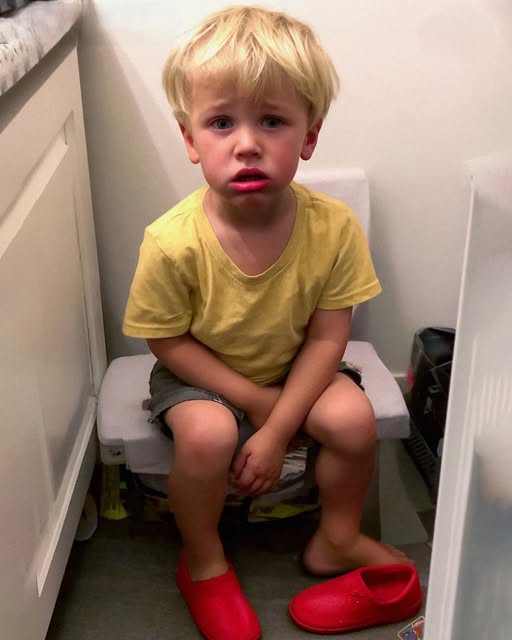
Life felt like a tightrope stretched over a canyon, and one missed bill threatened to send us tumbling into the abyss. My ex-husband Mason had kept the house after our divorce, quickly moving in his new girlfriend, while I was left with a moldy apartment, a heater that rattled like an old train, and the heavy ache of what could have been. That Saturday morning was foggy and gray, the kind of morning that seemed to hold its breath, and I had exactly five dollars in my wallet, a boy whose toes were starting to curl painfully against socks that no longer fit, and a desperate hope that the flea market might offer us a solution. The air smelled of damp cardboard and old vinyl, the remnants of other people’s lives laid out on folding tables. Stan clutched my hand and asked with hopeful eyes, “Dinosaur?”
My heart twisted, but I told him, “Shoes first, buddy.” That’s when I saw them—soft brown leather, barely worn, the kind of little shoes that tug at your heart before you realize why. The vendor, a woman wrapped in a knit scarf, told me they were six dollars. I held out my last five like an apology, and after a moment she nodded, saying, “No child should have cold feet.” Back home, Stan sat cross-legged with his blocks, solemn as a little king, waiting for me to slide the shoes onto his feet. They fit perfectly, as though they had been waiting just for him. But then came the sound—a faint crackle, like paper hidden inside. I pulled off the shoe, pressed the insole, and found a folded piece of paper tucked beneath. The handwriting was small and tight, and it read: “These shoes belonged to my son, Jacob. He was four when cancer took him.
My husband left when the bills did what the cancer couldn’t. Jacob never wore these; they were too new. My house is a museum of hurts. If you’re reading this, please remember he was here. That I was his mom. That I loved him more than life. —Anna.” The words made the room sway, and my eyes blurred with tears even as I told Stan it was just dust. That night I lay awake with the note on my chest, feeling the weight of a stranger’s grief resting in my hands. By morning, I knew I had to find her. The vendor remembered the shoes came from a man who had dropped off items belonging to his neighbor named Anna. It was a small lead, but I clung to it. I asked around at the diner where I worked, scrolled through endless Facebook groups and obituary pages until my eyes burned, and finally, a week later, I found her.
Anna Collins, late thirties, living in a sagging house only a few miles away. When she opened the door, grief had carved its mark deep into her face. Her eyes were hollow, her hair dull, her body thin in the way that makes you wonder if someone has stopped eating altogether. I held out the note, and her breath caught as she took it, her hands trembling. “I wrote this when I thought I was…” she whispered, then broke down on the doorstep. Without thinking, I reached for her, and she collapsed into my arms like a stranger and a sister at the same time. “You’re still here,” I told her softly. “That matters.” From then on, I began showing up with coffee, even when she tried to push me away, saying she didn’t deserve friends. I told her maybe we don’t choose who cares for us—maybe sometimes they just do. Slowly, we formed a bond.
She told me about Jacob, about his love for dinosaurs, pancake Sundays, and how he called her “Supermom” even when she cried behind the bathroom door with the water running. I told her about Mason, my mother, and the exhaustion that sat heavy on my shoulders. One day, she surprised herself by going to the children’s hospital to read to kids, and afterward she called me, stunned. “One hugged me,” she said. “He called me Auntie Anna.” Little by little, life began seeping back into her voice. She started eating again, buying flowers from the grocery store, putting them in jars on her sink. Then she gave me a small box containing her grandmother’s locket, telling me her grandmother had instructed her to give it to the woman who saved her. I protested, saying I hadn’t saved her, but she smiled and fastened it around my neck, insisting that holding onto each other was the same thing.
She even tried to give me money from a delayed inheritance, but when I resisted, she told me letting her give was allowing her to love me like family. Two years later, I stood in a small church holding flowers as Anna walked down the aisle toward Andrew, a kind nurse who looked at her like she was a rare treasure. Light had returned to her face, not a harsh floodlight but the warm glow of the sun. At the reception, she placed a newborn in my arms and whispered, “Claire, meet Olivia.” Her baby blinked up at me with wide dark eyes, and then Anna said softly, “Her name is Olivia Claire—after the sister I didn’t know I had.” Today, Stan scuffs those same shoes across our kitchen floor, worn but still sturdy. My mother naps in the next room, the heater rattles, and around my neck rests the locket Anna gave me.
On my phone is a photo of Anna at the hospital, a child in her lap and a dinosaur sticker on her cheek. We are all still here. I thought I was buying shoes, but I was really buying a story folded beneath an insole, a story that carried me as much as I carried it, reminding me that love and loss intertwine in ways we never expect, and that sometimes five dollars can open a door to a family you never knew you had.
